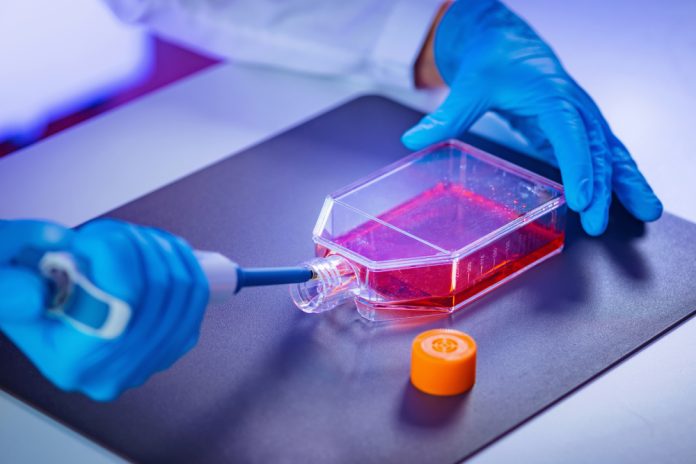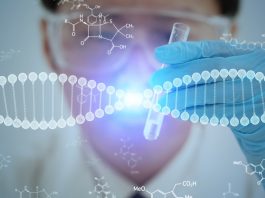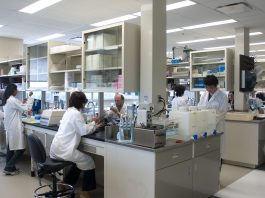A Trinity College Dublin researcher has been awarded major funding to pioneer an innovative tissue engineering approach.
Dr Josephine Wu, a distinguished researcher from Trinity College Dublin’s School of Engineering and the Trinity Centre for Biomedical Engineering, has been awarded a prestigious Wellcome Early Career Award.
This €800,000 grant will support her pioneering work in tissue engineering over the next five years.
Dr Wu’s project, known as OPTO-BIOPRINTING, aims to revolutionise regenerative medicine by developing a novel approach to creating living organ replacements.
How tissue engineering will revolutionise healthcare
Tissue engineering is an interdisciplinary field that combines principles of biology, engineering, and materials science to create functional tissues that can replace or repair damaged organs.
By using a combination of cells, scaffolds, and growth factors, researchers aim to develop tissues that can perform as well as, or even better than, natural tissues.
The importance of tissue engineering lies in its potential to address the growing shortage of donor organs for transplantation, offering new hope for patients with chronic diseases, injuries, or congenital disabilities.
Moreover, tissue engineering holds promise for advancing personalised medicine, where treatments can be tailored to the individual patient using engineered tissues derived from their own cells.
This reduces the risk of immune rejection and enhances the efficacy of treatments. As the field continues to evolve, innovations like the OPTO-BIOPRINTING project could bring us closer to a future where engineered tissues and organs are widely available, improving the quality of life for countless individuals.
Advancing the field of tissue engineering
Despite the immense potential of tissue engineering, current strategies often fall short as they struggle to replicate the complex processes involved in natural tissue development.
During physiological development, finely coordinated gradients of signalling molecules guide cellular and tissue growth.
Current artificial tissues lack this intricate guidance, resulting in constructs that do not perform as well as fully native tissues.
Dr Wu’s OPTO-BIOPRINTING project seeks to address this challenge by establishing a new platform for tissue engineering.
This platform will leverage the natural ability of cells to self-assemble into complex structures while introducing spatiotemporal control over the process.
One of the groundbreaking aspects of this project is the use of light to trigger cells to produce specific proteins on demand, allowing for precise control over tissue formation.
A proof-of-concept for future applications
As part of her research, Dr Wu will focus initially on developing a cartilage-bone unit, serving as a proof-of-concept for the OPTO-BIOPRINTING platform.
The success of this project could extend beyond cartilage-bone engineering, opening up new possibilities for creating a wide variety of tissue types.
This breakthrough could have significant implications for regenerative medicine and disease modelling, providing new avenues for treatment and research in various medical fields.
Dr Wu expressed her gratitude for the Wellcome Trust’s support: “I’m immensely grateful for the support of a Wellcome Trust Early Career Award. It represents an important stepping stone in my pathway to independence, and I’m excited to bring together two powerful technologies for patterning tissue complexity and see where it can take the field of tissue engineering.
“Previous funding support from a Marie Skłodowska-Curie fellowship (ADMIRE COFUND) made this award possible, and I’d also like to acknowledge the continued support from friends, colleagues, mentors, and Trinity’s Research Development Office.”
Dr Wu’s work represents a significant step forward in the field of tissue engineering. With the support of the Wellcome Early Career Award, her innovative approach has the potential to narrow the gap between artificial and natural tissues, paving the way for more effective regenerative therapies.








